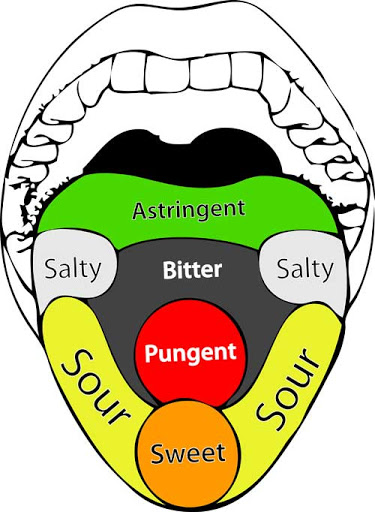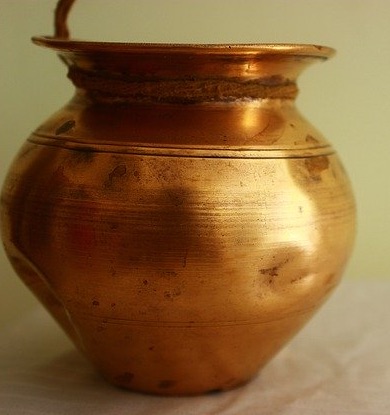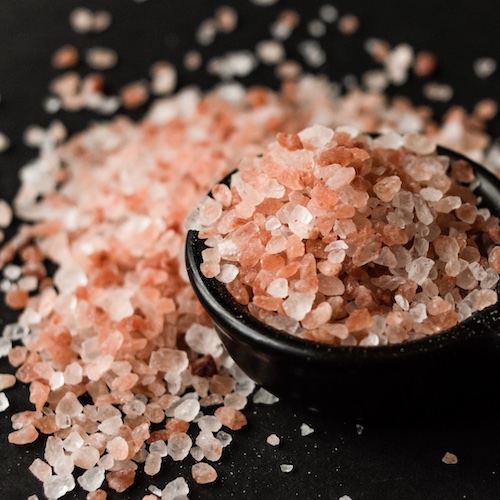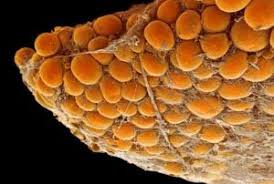Diseases like cold, cough, psoriasis, dry skin, arthritis, winter depression, viral fever, etc surface during winter or Hemanta Ritu. Following Hemanta ritucharya or seasonal routine helps to boost immunity and keep these diseases under control.
Related article
ayurvedic seasonal routine or rutucharya.
Ayurveda Regimen for Winter Depression
Table of Content
Hemanta Rutucharya or Seasonal Regimen
Skin and Hair Care During Hemanta Rutu
Hemanta Ritucharya or Seasonal Regimen
Our body is susceptible to these diseases when our immunity is low. But Ayurveda acharyas have framed certain diet and lifestyles methods that boost immunity in the winter season. These essentially boost body immunity, if followed regularly. Thus you can keep winter disorders, at bay by following this regimen. Texts of Ayurveda call seasonal regimens as “Ritucharya”.
Hemant rutu Diet
During winter the digestion power increases. According to Ayurveda, this happens due to an increase in the fire (Agni) component of the body. In Hemanta Ritu the Agni will be strong. Hence living beings experience good strength. This strong Agni or digestive fire has to be fed well. If not, it will digest body tissues and lower strength and immunity. This is explained as follows in Ayurveda
To keep this strong agni calm, healthy foods which have madhura rasa (sweet taste), amla rasa (sour taste), or lavana rasa (salty taste) should be added to the diet.
Since nights are long in this ritu persons feel very hungry. Hence sumptuous and nourishing foods have to be taken. Include whole wheat bread, fresh corn, black gram or urad dal, milk, citrus fruits, amla, (emblica officinalis or amalaki) vegetable oils, Sendha namak or Rock salt, and sugar cane products in your daily diet. Dishes that are sweet, sour, and salty have to be savored in this season. These foods are high in calories and help to release sufficient energy to maintain body temperature. They also help to supply adequate nutrients required to increase the immunity level of the body. Sour fruits like amla or Indian gooseberry provide ample Vitamin C which helps to fight the common cold and cough.
Always drink warm water till the winter season ends. This helps to maintain body temperature at a normal level. A little drop in body temperature can invite a virus attack. Warm water aids the easy digestion of food. Patients suffering from arthritis and joint pain are more benefited by the consumption of warm water.
Skin and Hair Care During Hemanta Ritu
Massage (abhyanga) your body with warm herbal oil and take bath in warm water. Acharyas recommend regular body massage or “abhyanaga” during this season. Use Ksheerabala oil (Sesame oil infused with herbs like Bala or Sida cordifolia ) or Pure Sesame oil for body massage. Warm the oil before applying. This keeps the skin soft and prevents drying. Dry skin, psoriasis, etc can be prevented by regularly massaging the skin with oil.
Head massage with oil is known as “murdha taila”. This is highly recommended in hemanta ritu. Applying oil on hair prevents drying of hair and scalp. Murdha taila is an effective ayurvedic remedy for hair loss.
Use warm water for bathing and washing purposes. Instead of harsh soap use herbal powders as a bath scrub. Herbs that have astringent taste (kashaya rasa) should be used. This ayurvedic body scrub can be made at home using simple ingredients.
Cover yourself with warm clothes from head to toe. Take care to cover the head, ear, and feet. Use warm woolen or cotton clothes. Keep the house warm and moist with room heaters and humidifiers. This protects the skin and also helps to maintain body temperature.
Lifestyles for Hemant rutu
Exercise regularly in this season. Walking is the best exercise. This eases joint movement and also increases body temperature. Body massage and Good exercises are the best ayurvedic remedy for sleeplessness or insomnia and these induce good night sleep.
Keep your home well-lit. Well-lit houses help to reduce seasonal disorders like winter depression. Practice Yoga and Meditation to keep the stress levels down. Increased stress lowers body immunity.
Shishira Rutu
Hemanta rutu and shishira rutu are considered as winter season. (mid-November to mid-march). According to the principles of Ayurveda the season Shishira marks the beginning of uttarayana (summer solstice). Shishira ritu has a mixed combination of hot and cold. The intense rays of the sun absorb the moistness of the surroundings, leaving the environment devoid of moisture. The coolness of winter and the absence of moisture creates a harsh and dry atmosphere. The powerful rays of the sun reduce the strength of plants, animals, and humans. This paves way for diseases that further weaken living beings.
Diseases That Appear in Shishira Rutu
Respiratory diseases like cold, cough, influenza, etc peak in this season. Joint pains, rheumatoid arthritis, osteoarthritis, etc trouble more and restrict movements. Dry skin, chapped lips, cracked heels, brittle hair, etc surface during this season and pose a threat to self-confidence. Flaring up of psoriasis can be noticed.
Ayurveda acharyas recommend diet and lifestyles which help to preserve strength and boost immunity during this season. This regimen is known as “shishira rutucharya” and explained very well in
Ayurvedic Tips for Shishira Rutu Routine
Ayurveda acharyas recommend to follow hemanta rutucharya in shishira rutu. Here are tips to keep oneself fit and prevent the shishira rutu, seasonal diseases.
- Our body needs plenty of nutrients to maintain body temperature, boost immunity, repair weakened tissue, and maintain their moistness. Hence consume sumptuous, nutrient-rich foods which can be easily digested. Include whole wheat, fresh corn, black gram, milk, green gram, seasonal vegetables, and citrus fruits in diet. Use amla or Indian gooseberry in plenty. Consume Sugar cane juice and sugar cane as they provide abundant energy and minerals.
- Add Vegetable oil and little ghee to food to meet increased energy demand. According to the texts of Ayurveda, oil, and ghee reduce the dryness of tissues and normalize the doshas.
- Consume warm nourishing liquids like soups in between meals.
- Always drink warm water to maintain warmth in the body. Warm water eases digestion, prevents a drop in body temperature, and reduces inflammation of tissues.
- Wear warm woolen or silk clothes. Take care to cover the head, ear, palm, and feet.
- Mild to moderate exercises are required to keep the body healthy and warm.
- Massage the body with thick herbal oil, this prevents skin conditions like dry skin, flaring up of psoriasis, cracked heels, etc. the oil should be warmed before massaging on skin.
Apart from these avoid taking antibiotics unnecessarily. This lowers the body’s immunity. Do not take long showers as they strip the natural oils off the skin. Use gram flour as a body scrub instead of soap. Keep the house well-lit to prevent seasonal depression or winter depression. If you are using a room heater use humidifier along with it. This prevents exaggeration of dry skin conditions.
Consult Dr.Savitha Suri for ayurvedic remedies. Email drsavithasuri@gmail.com . WhatsApp + 91 6360108663
Author : Dr. Savitha Suri Consultant Ayurvedic Physician
Call us at +91 9945995660 / +91 9448433911







